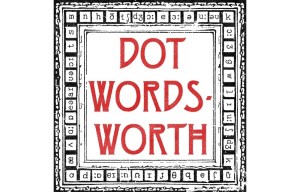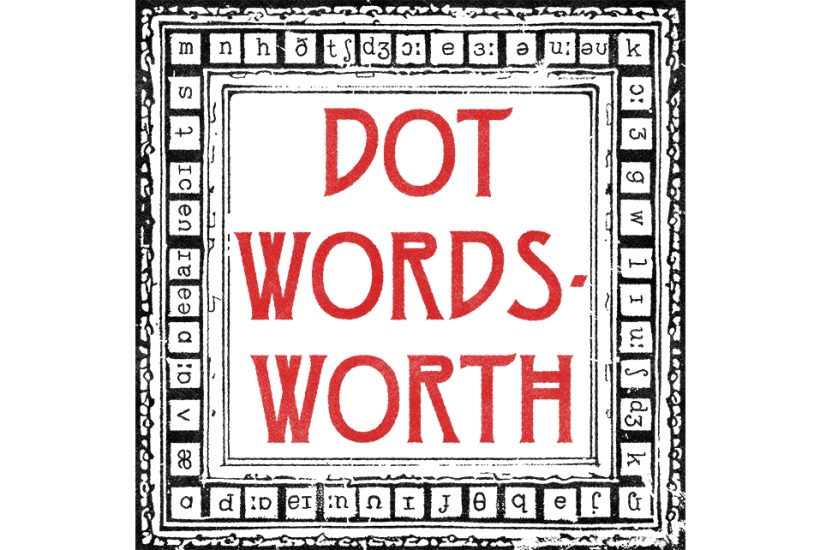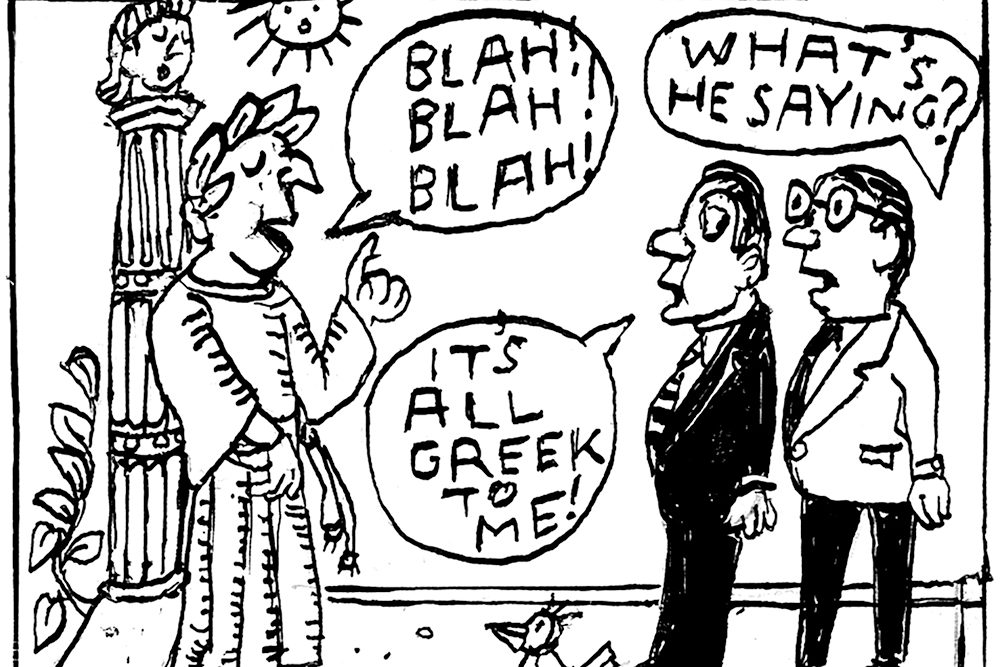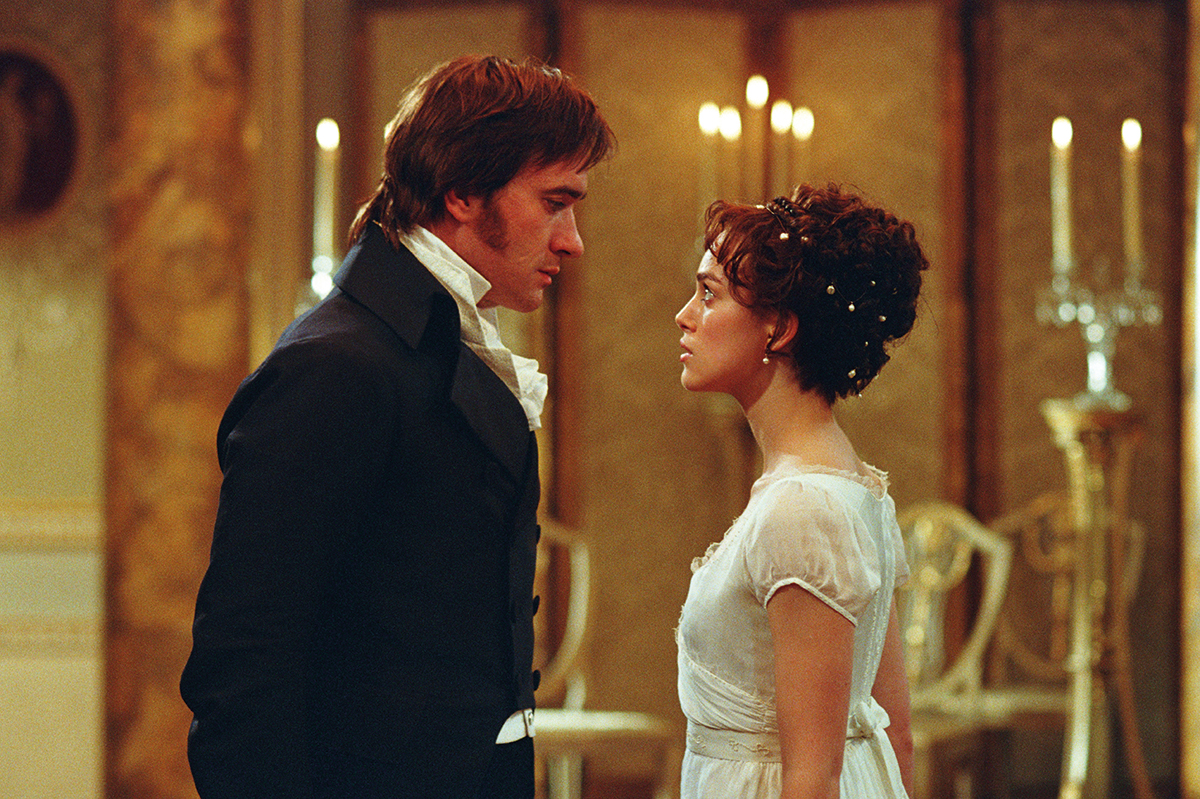“That’s nice,” said my husband, taking a Nice biscuit with his coffee. It was his little joke. The biscuit is named after the French city, though no one knows why. Like the sneakers, the city was named after the goddess Nike when it was founded by Greeks in the 4th century BC.
Nice, as in “a nice cup of tea,” was a word loathed by my schoolmistresses, like got. Their cue may have been Jane Austen. “This is a very nice day,” remarked Henry Tilney in Northanger Abbey, “and we are taking a very nice walk, and you are two very nice young ladies. Oh! It is a very nice word indeed! — it does for everything.” Yet the oddest thing about nice was its change of meaning from “ignorant, foolish” to a bundle of senses bigger than Jane Austen suggested. For nice in English came from the classical Latin nescius, which spawned words in Romance language such as necio in Spanish meaning “blockhead.”
More surprising than nice in the sense of “pleasant” being applicable to days, walks or ladies, were its concurrent quite contrasting meanings. “It has been a damned nice thing — the nearest run thing you ever saw in your life,” said the Duke of Wellington to Thomas Creevey about the Battle of Waterloo. That meaning, “full of uncertainty,” was present in Shakespeare’s “the nice hazard of one doubtfull houre” (Henry IV, Part I, 1598).
At the same time Shakespeare used it to mean “wanton” or “lascivious” (“nice wenches” in Love’s Labour’s Lost, also printed 1598). But for a century more nice could mean “shy” or “reluctant,” as in Aphra Behn’s “shy, and nice of being touch’d” in Oroonoko (1688). It could mean “punctilious in conduct,” too, as it still did when P.G. Wodehouse’s hero declared: “Bertram Wooster in his dealings with the opposite sex invariably shows himself a man of the nicest chivalry.”
In that year of 1598, John Florio in his English-Italian dictionary A Worlde of Wordes exemplified nice in the phrase “an effeminate, nice, milkesop, puling fellow.” Robert Cawdreyin his English dictionary A Table Alphabeticall (1604) listed nice as “slow, laysie.” In marshaling such different meanings simultaneously, English speakers exercised a nice judgment.
This article was originally published in The Spectator’s August 2022 World edition.






















